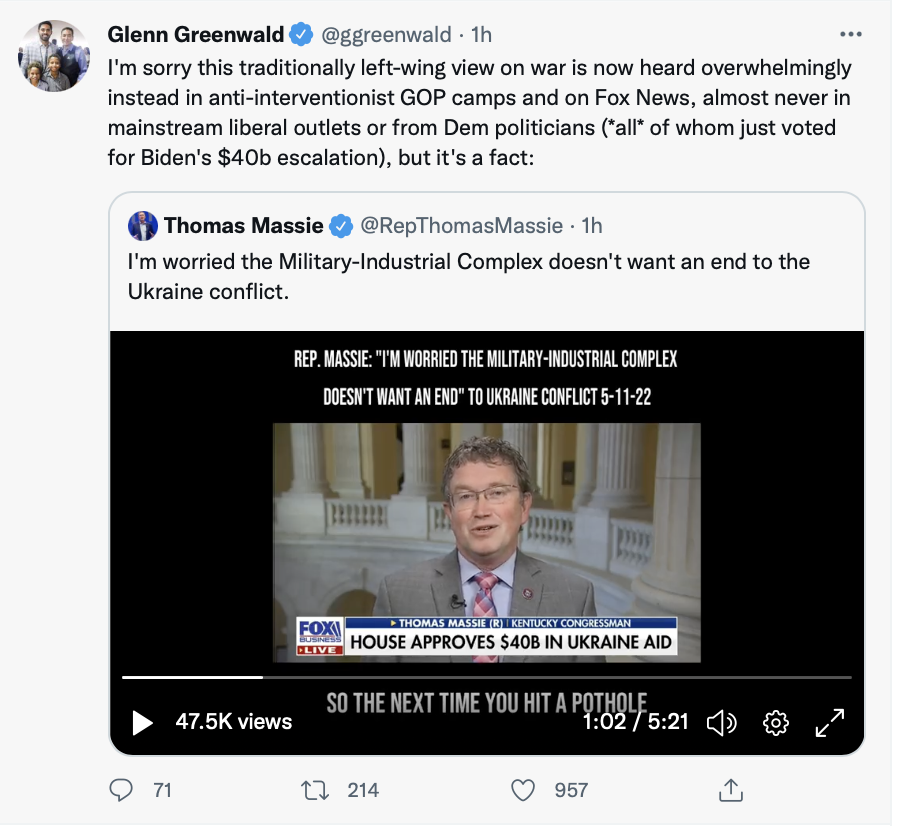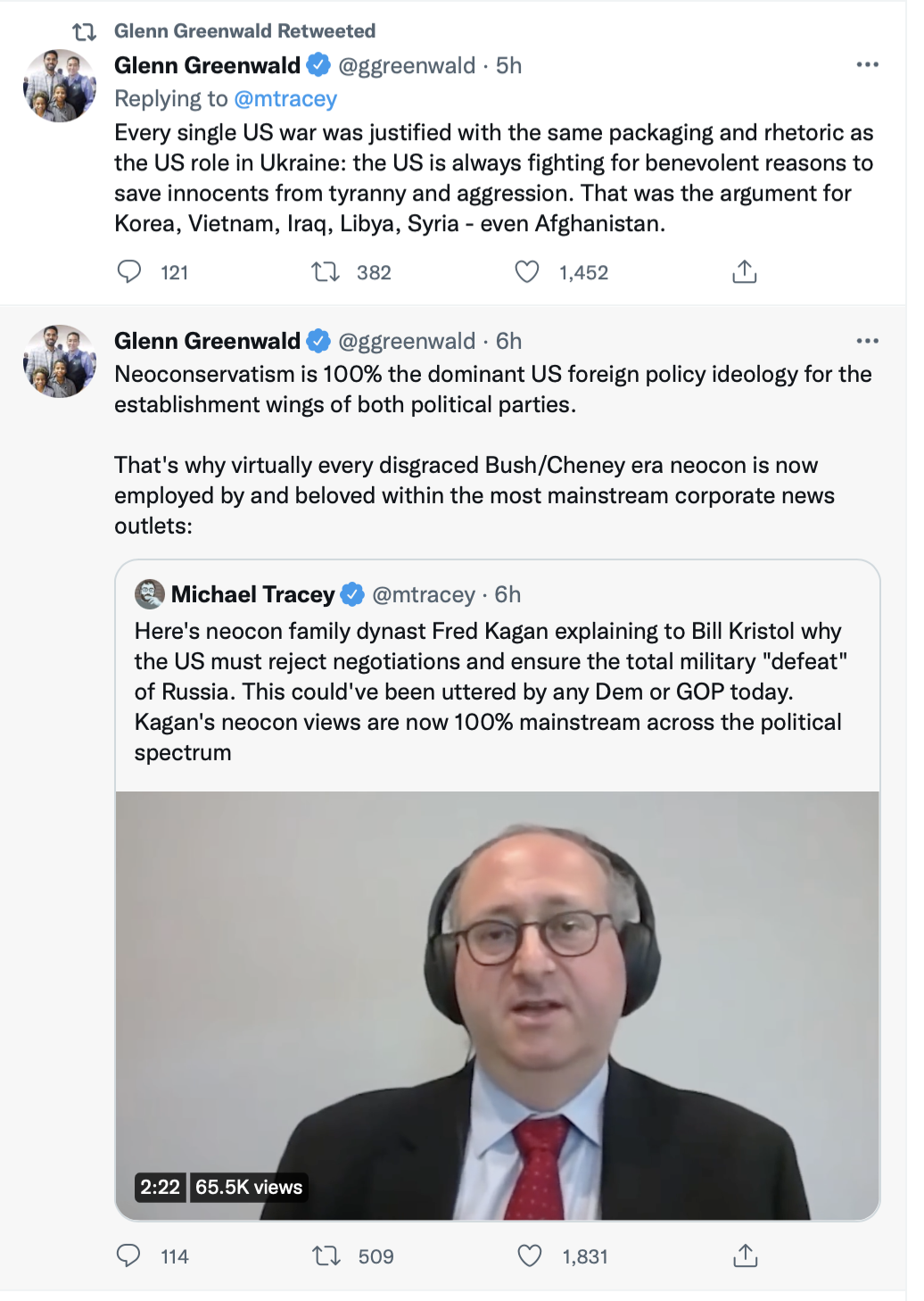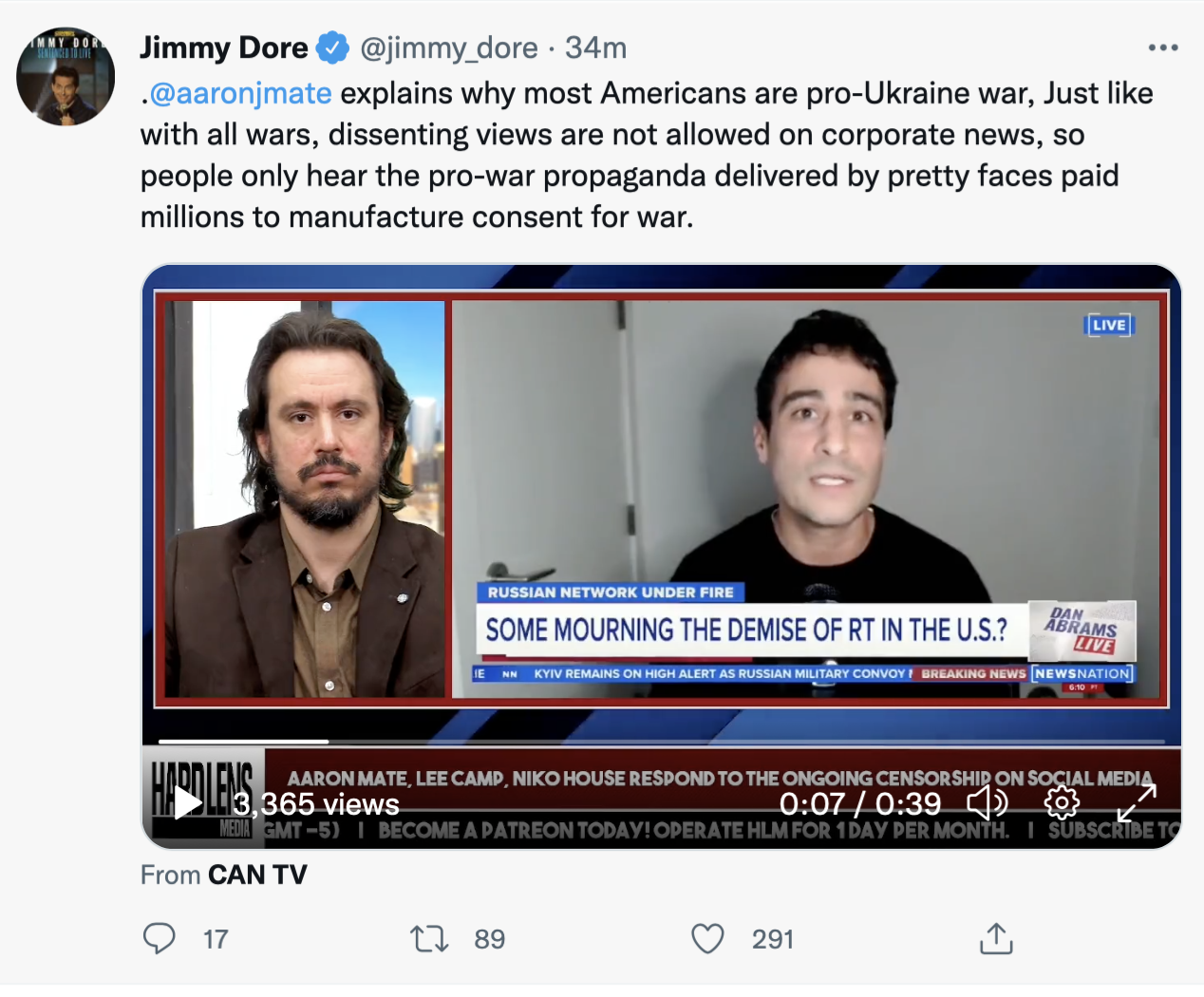In a new article at Quillette, evolutionary biologist Colin Wright explains how we know there are only two sexes. There are two sexes because there are two (and only two) types of gametes and two types of organs that produce those two types of gametes. It's the same for humans as it is for chimpanzees, giraffes, octopi and honey bees. If you go to the humane society asking for a female dog, they will know exactly what you mean. They will not need "assign" the sex of the dog for you as the social justice crowd claims that obstetricians must now do for human babies. Wright reiterates this grade school biology because more than a few university biology professors are getting nervous about stating this obvious fact that there are only two sexes. Here's an excerpt from Wright's article, titled "The New Evolution Deniers":
Despite there being zero evidence in favor of Blank Slate psychology, and a mountain of evidence to the contrary, this belief has entrenched itself within the walls of many university humanities departments where it is often taught as fact. Now, armed with what they perceive to be an indisputable truth questioned only by sexist bigots, they respond with well-practiced outrage to alternative views. This has resulted in a chilling effect that causes scientists to self-censor, lest these activists accuse them of bigotry and petition their departments for their dismissal. I’ve been privately contacted by close, like-minded colleagues warning me that my public feuds with social justice activists on social media could be occupational suicide, and that I should disengage and delete my comments immediately. My experience is anything but unique, and the problem is intensifying. Having successfully cultivated power over administrations and silenced faculty by inflicting reputational terrorism on their critics and weaponizing their own fragility and outrage, social justice activists now justifiably think there is no belief or claim too dubious that administrations won’t cater to it. Recently, this fear has been realized as social justice activists attempt to jump the epistemological shark by claiming that the very notion of biological sex, too, is a social construct.
As a biologist, it is hard to understand how anyone could believe something so outlandish. It’s a belief on a par with the belief in a flat Earth. I first saw this claim being made this year by anthropology graduate students on Facebook. At first I thought they mistyped and were simply referring to gender. But as I began to pay closer attention, it was clear that they were indeed talking about biological sex. Over the next several months it became apparent that this view was not isolated to this small friend circle, as it began cropping up all over the Internet. In support of this view, recent editorials from Scientific American—an ostensibly trustworthy, scientific, and apolitical online magazine—are often referenced. The titles read, “Sex Redefined: The Idea of 2 Sexes Is Overly Simplistic,” and “Visualizing Sex as a Spectrum.”
[More . . . ]



